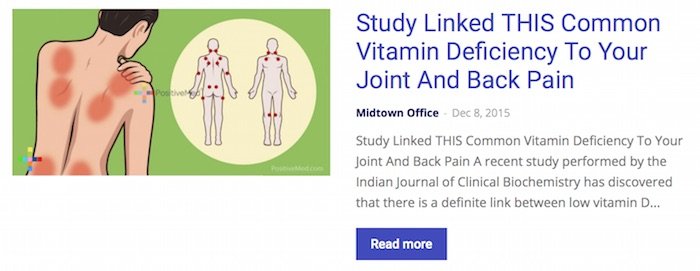Calcium plays a very key role in our bodies. It helps in building strong teeth and bones. It also supports the nerves, heart, and muscles. However, when the calcium levels are high in the bloodstream, it leads to some problems. This condition is referred to as hypercalcemia.
In this article, you will learn more about symptoms, causes, diagnosis, and treatment of hypercalcemia.

Symptoms
If hypercalcemia is mild, there may be no symptoms. When it is serious, the following are the symptoms:
Frequent urination and excessive thirst. High levels of calcium will over work the kidney. As a result, you will pass urine more often, causing dehydration and this increases thirst.
Muscle weakness and bone pain. Hypercalcemia can cause much release of calcium from the bones, this leaves them deficient. This can cause pain and weakness in the body muscles.
Digestive problems and stomach pain. If there is too much calcium in the body, can cause abdominal pain, vomiting, upset stomach, constipation, and nausea.
Depression and anxiety. Mental health may also be affected by hypercalcemia.
Fatigue, confusion, and lethargy. High levels of calcium in the blood affect the brain, leading to these symptoms.
Abnormal heart rhythms and high blood pressure. Hypercalcemia can lead to high blood pressure and also cause electrical abnormalities changing the rhythm of the heart.
Causes
The following are the factors and conditions that can cause hypercalcemia:
Too much of vitamin D. The vitamin causes the absorption of calcium in the gut. When absorbed, the calcium gets into the bloodstream.

Overactive parathyroid glands. Calcium levels are controlled by the parathyroid glands. If they are overworked can cause hypercalcemia.
Cancer. People with cancer are at greater risk of getting hypercalcemia. In case the cancer spreads to the bone the risk also increases.
Reduced mobility. When your bones are less active, they get weakened, releasing calcium into your blood stream.
Medications. Some medications such as lithium can lead to overstimulation of parathyroid gland causing hypercalcemia.
Diagnosis
If you are experiencing the symptoms of hypercalcemia, see your doctor, who may order a blood test. This test will check for the levels of calcium and parathyroid hormone. These will tell how well the systems of the body are functioning, especially those involving kidneys and blood.
Treatment
In cases of mild hypercalcemia, treatment is unnecessary and over time the levels may go back to normal. When the calcium levels increase and no improvement, further tests are done.
If the hypercalcemia is severe, it is vital to determine the cause. The doctor offers the treatments to lower the levels of calcium and reduce complications. The possible treatments offered are intravenous fluids and medications such as bisphosphonates or calcitonin.
A noncancerous growth on the parathyroid gland may be surgically removed.
Outlook
Your outlook will vary depending on the cause and severity of hypercalcemia.
For mild hypercalcemia, no treatment is required. When the condition is serious, your doctor prescribes medications that will lower the calcium levels and treat the cause.
Are you experiencing the symptoms of hypercalcemia? You should see your doctor.






